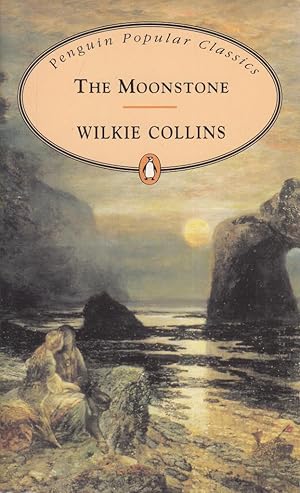


The few words I had said seemed to have lashed her on the instant in to a frenzy of rage. “If you had spoken when you ought to have spoken,” I began: “if you had done me the common justice to explain yourself-” Yet, precisely because of his editorial hand, it is impossible to know how much has been left out, or removed, from the novel’s various narratives. Nevertheless, Franklin’s own narratives are comparatively dry and straightforward.

Other characters have much to say about him-most notably, Betteredge calls him “a sort of universal genius” but finds his indecision problematic (which Betteredge attributes to his conflicting English, French, German, and Italian sides). Eventually he is successful, and he and Rachel marry at the end of the novel. In the last third of the book, Franklin leads the push to prove his innocence and uncover what happened to the Diamond after he unwittingly took it. In the meantime, during his search, he is struck by Rachel’s increasing distance from him and the increasingly odd behavior of the servant Rosanna Spearman-both, it turns out, are in love with him, know he stole the Diamond, and want to cover his tracks. Having heard about the Diamond’s alleged curse, Franklin is unsurprised when it disappears and quickly throws himself into the search for it, but far later he is astonished to learn that he was the Diamond’s thief. The other characters mostly remember his mischievous boyhood and the rumors about his wasteful spending habits and monumental debts. Educated abroad, he returns to Yorkshire at the beginning of the novel after more than a decade, at the age of 25, with the Moonstone that his uncle John Herncastle has left for Rachel as a birthday present. Rachel Verinder’s cousin and love interest, as well as one of the novel’s chief detective figures, and the compiler and editor of all the first-person narratives that comprise it.


 0 kommentar(er)
0 kommentar(er)
